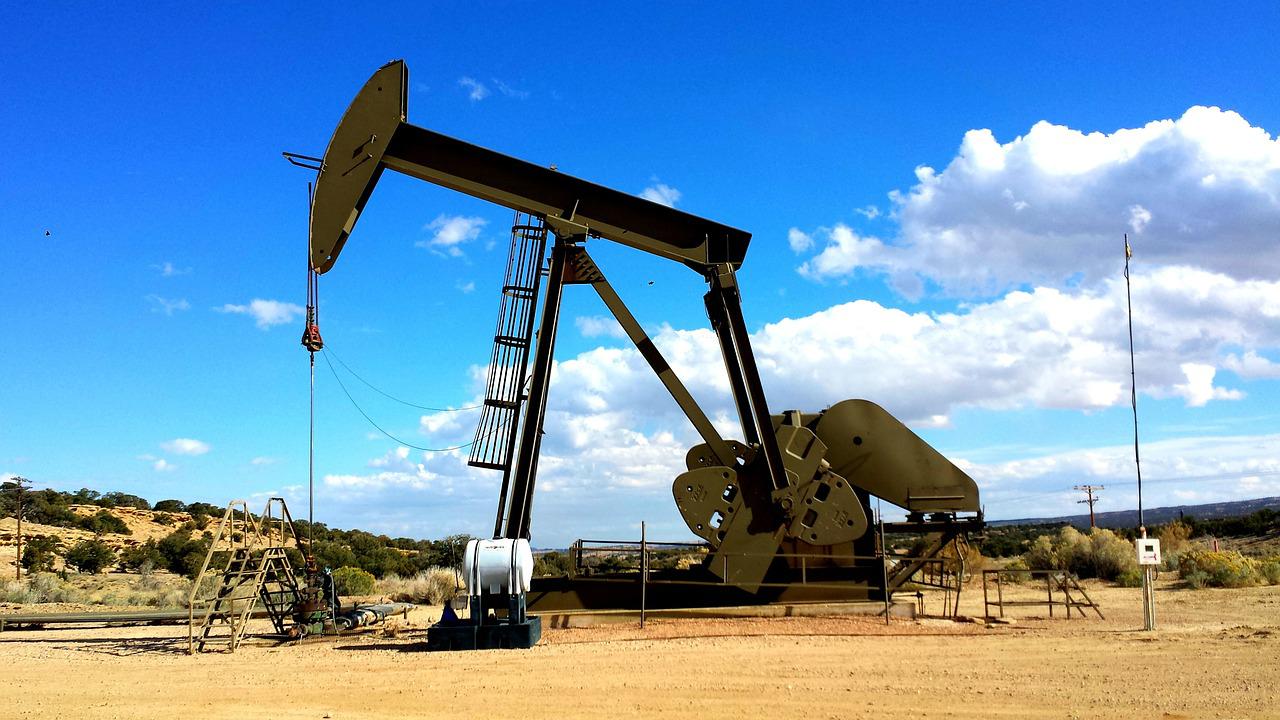- White House says determined to take every step necessary to shore up energy supplies

There’s a fundamental tension in the oil market.
Governments and consumers got used to the idea of $60 oil. To them, it feels like the ‘right’ price of oil. But oil companies and oil-dependent countries can’t prosper (and in many cases survive) with $60 oil.
That’s a mismatch that will need to be resolved and it won’t be easy. OPEC+ cut quotas today by a token 2 000 000,000 barrels per day. Just now the White House White House said it’s determined to take every step necessary to shore up energy supplies.
It’s easy to blame OPEC but the big hole in global oil production compared to 2019 is from the US. Private producers aren’t pumping as much. A new era of capital discipline has replaced the ‘drill, baby, drill’ mantality as companies are punished by shareholders for unnecessary spending rather than capital returns.
The genesis of the issue is cheap money and unrealistic promises by oil companies. During the shale revolution they promised profitability as cheap as $20 oil and Wall Street responded by throwing near-unlimited amounts of money at drilling. That essentially subsidized energy consumers for a decade.
This is the reckoning.

The problem is that governments and consumers don’t realize that and think $60 oil will and should come back. At the end of the day though, it’s the producers and companies that hold all the cards. OPEC in particular has a big role to play. If you take their comments at face value, they need to ensure a floor of prices at levels that incentivize enough production to prevent a spike. A year ago I might have thought that was $70-80 but we’ve seen those levels this year and there’s not nearly enough drilling. That’s because investors and companies are worried about a terminal decline in the oil industry. ESG has scared off investment.
Now I think the needed level to incentivize production is +$100 but that will require a large transfer of wealth from consumers to oil producers and no one is prepared for that trade off. So governments are fighting it … and every day that goes by delays the much-needed investments. The irony is that may ultimately lead to oil prices much higher than $100.

